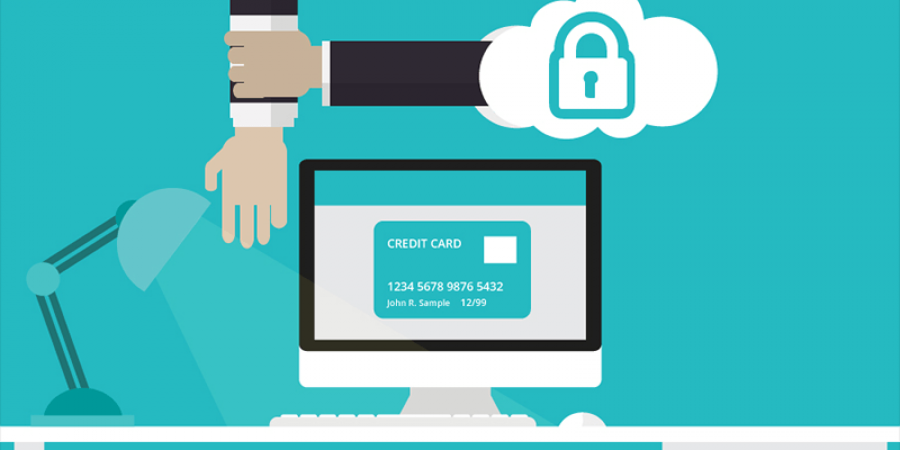
In today's digital age, privacy and online security have become paramount. One effective tool that helps you safeguard your online presence is Virtual Private Network (VPN) software. Whether you're concerned about hackers, data breaches, or simply want to access geo-restricted content, VPNs offer a secure and versatile solution. In this article, we will guide you through the process of installing and using VPN software to enhance your online experience.
In an era where our digital footprints are vast and far-reaching, ensuring your online activities are secure and private is crucial. VPN software acts as a shield, encrypting your internet connection and routing it through secure servers, making it difficult for third parties to monitor your online activities.
What is VPN Software?
A Virtual Private Network (VPN) is a powerful tool that creates a secure and encrypted connection between your device and the internet. It masks your IP address, making your online presence anonymous and protecting your sensitive data from potential threats.
Benefits of Using VPN Software
Using VPN software offers a myriad of benefits, including:
Choosing the Right VPN
Selecting the right VPN for your needs requires consideration of factors such as speed, server locations, security protocols, and device compatibility. Research and compare different options to find the best fit for you.
5. Installing VPN Software
Installing VPN software is typically straightforward:
Configuring VPN Settings
Once installed, configure the VPN settings according to your preferences. You can usually customize parameters such as server location and protocol type.
Connecting to a VPN Server
Connecting to a VPN server is usually as simple as clicking a button within the VPN software. Once connected, your internet traffic is encrypted and routed through the chosen server.
Browsing Anonymously with VPN
With your VPN active, your online activities are anonymized, and your IP address is hidden. This helps prevent websites and advertisers from tracking your every move.
Accessing Geo-Restricted Content
VPN software allows you to bypass geo-restrictions, granting you access to content that might be blocked in your region. For example, you can enjoy streaming services with a broader range of shows and movies.
Using VPN on Mobile Devices
Extend your protection to mobile devices by installing VPN apps. These apps are user-friendly and provide the same level of security as their desktop counterparts.
VPN Security Measures
To maximize your security, always ensure you're using the latest version of your VPN software. Additionally, opt for VPNs that offer features like a kill switch and DNS leak protection.
Troubleshooting Common Issues
Encounter connection problems or slow speeds? Try switching to a different server, changing protocols, or reaching out to your VPN provider's customer support.
In a world where online privacy is increasingly under threat, VPN software provides a vital layer of protection. By encrypting your internet connection, masking your IP address, and granting access to geo-blocked content, VPNs empower you to take control of your digital footprint. Selecting the right VPN, installing the software, and configuring it according to your needs can significantly enhance your online experience while ensuring your security.
What is Machine Learning and Its Role in Data Analysis?